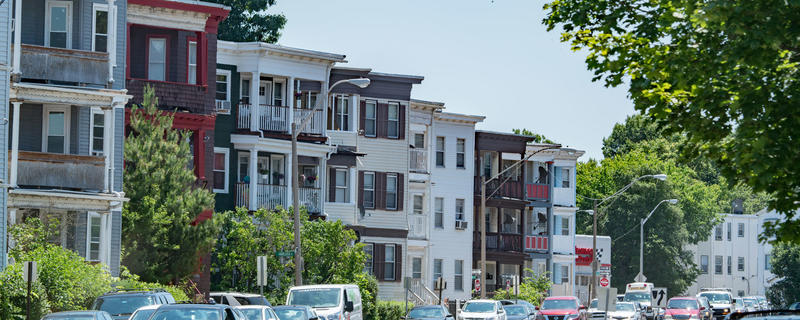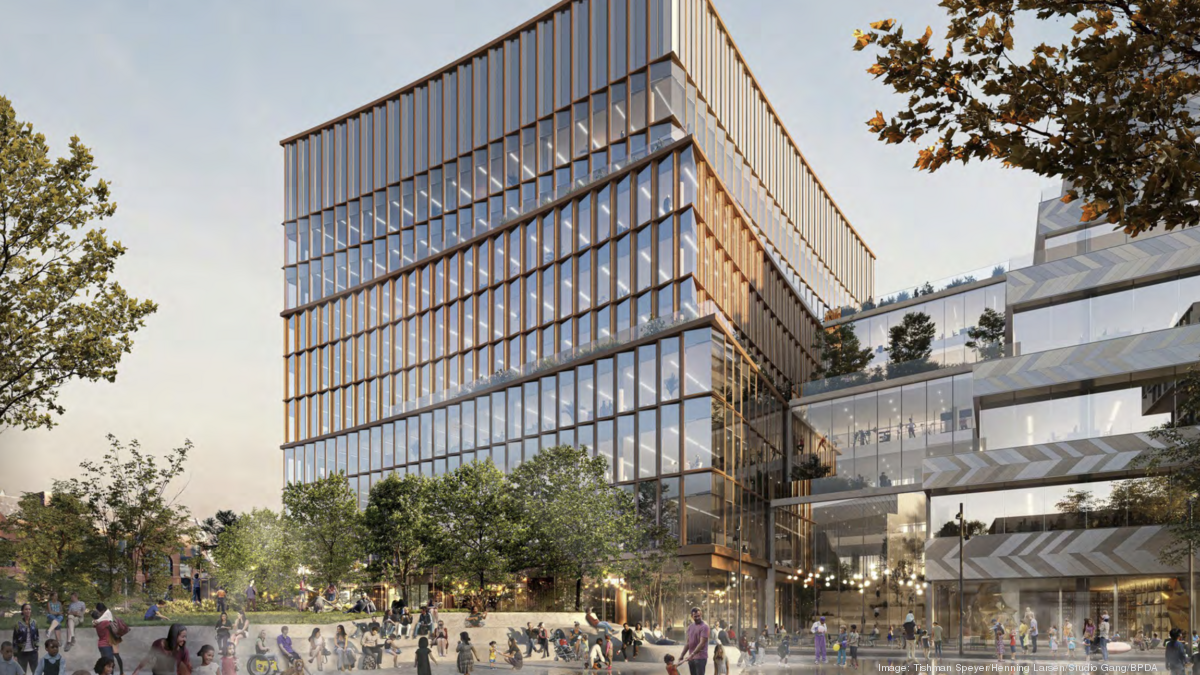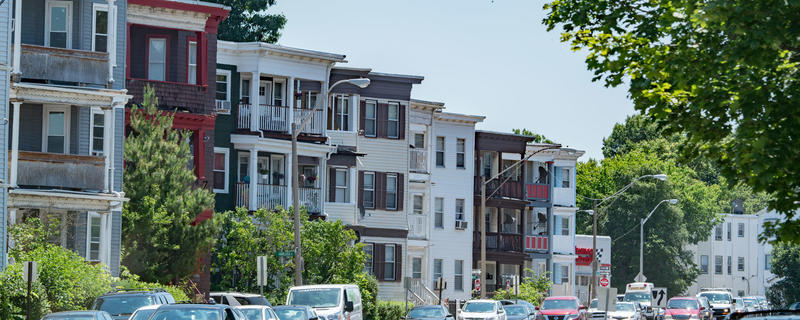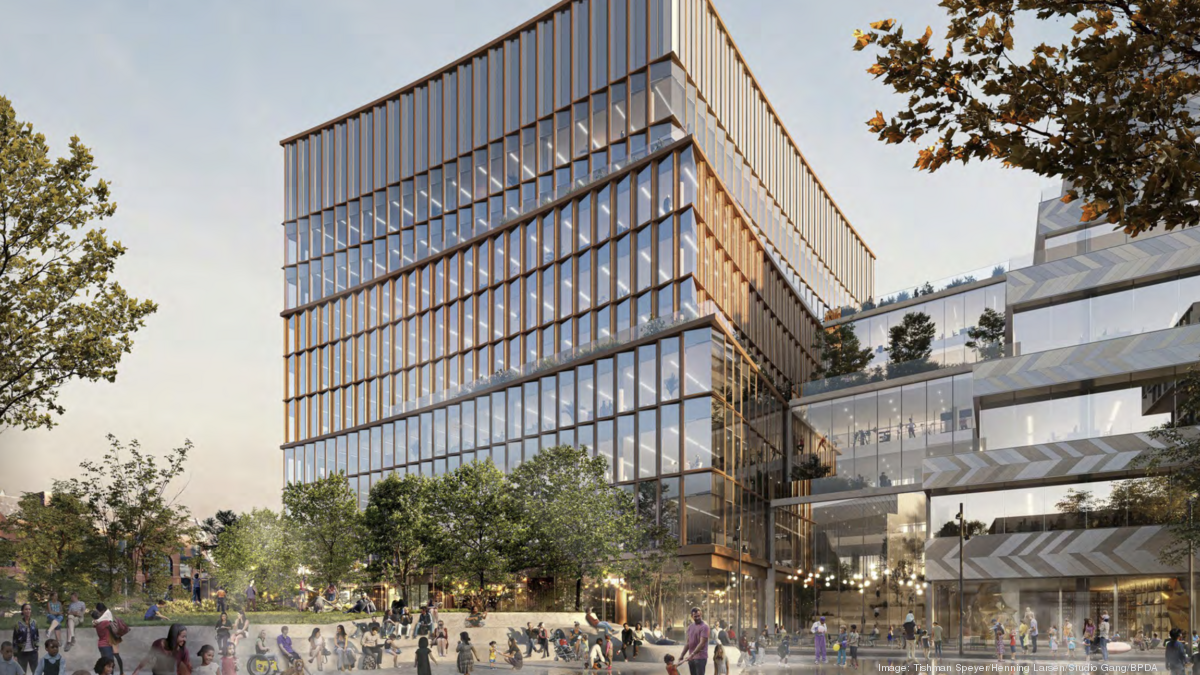
Affordable housing in Boston is a pressing challenge that has garnered significant attention from both city leaders and institutions like Harvard. In a historic funding initiative, Harvard and the city announced the allocation of over $60 million to bolster affordable housing efforts across Boston, particularly focusing on areas in need such as Allston. This funding will facilitate the creation of nearly 100 new income-restricted units, addressing the escalating Boston housing crisis that has left many families struggling to find stable homes. Among the noteworthy projects is a development at 65 Seattle St. in Allston, which will provide 43 affordable homeownership units, symbolizing hope and commitment to improving living conditions. With strategic partnerships and innovative solutions, Boston is taking indispensable steps towards ensuring affordable housing becomes a reality for its residents.
The focus on accessible housing options in Boston highlights the critical need for sustainable living spaces that residents can afford. Recent collaborations, particularly those involving prominent institutions, aim to alleviate the strain on local communities exacerbated by the persistent housing crisis. Initiatives targeting economic equity and environmental sustainability are shaping the future of residential units, especially in vibrant neighborhoods such as Allston. By fostering partnerships that enhance affordable homeownership opportunities, Boston is redefining its approach to community development. As these projects unfold, they not only offer shelter but also lay the groundwork for a more equitable urban landscape.
Affordable Housing Initiatives in Boston
Boston has been facing a growing housing crisis that has pushed the need for affordable housing to the forefront of public discussions. In response, significant funding initiatives have emerged to combat these challenges. The recent announcement of over $60 million in funding to create and preserve affordable housing across Boston represents a dedicated effort from both Harvard and city leaders to tackle this pressing issue. The funding will support a range of housing developments, including affordable rental units and homeownership opportunities, reflecting a holistic approach to addressing the diverse needs of the community.
Projects funded through this initiative, particularly the 43-unit development in Allston, highlight the importance of partnership between educational institutions and local government. With Harvard’s financial commitment and the city’s collaborative spirit, these projects aim to provide affordable options that are accessible to low- and moderate-income families. This concerted effort not only aims to mitigate the housing crisis but also enhances the sustainability of Boston neighborhoods by fostering inclusive communities.
The Role of Harvard in Affordable Housing Solutions
Harvard’s involvement in affordable housing goes beyond just financial contributions; it signifies a commitment to innovative housing strategies that adapt to Boston’s changing landscape. The university has enabled the development of numerous housing units that address both rental and ownership opportunities for residents. This multifaceted approach is evident in the transformation of the historic Hill Memorial Baptist Church into affordable rental units, showcasing how creative solutions can repurpose existing structures to serve modern housing needs.
Moreover, Harvard’s ongoing commitment includes the establishment of various programs aimed at sustaining affordable homeownership in the Boston area. Initiatives like the All Bright Homeownership Program actively support homeownership stabilization, ensuring homes remain owner-occupied even amidst shifting economic conditions. Such efforts exemplify how Harvard is taking proactive steps to secure stable housing for the community, which is crucial in alleviating the effects of Boston’s housing crisis.
Allston’s Affordable Housing Development
The Allston neighborhood is set to benefit significantly from the recent funding for affordable housing projects, including a notable development at 65 Seattle St. This project alone will introduce 43 affordable homeownership units, making homeownership more attainable in a rapidly evolving urban environment. With increasing demand for affordable options, the focus on Allston’s housing needs illustrates the neighborhood’s importance in the broader context of Boston’s housing strategy.
In addition to new construction, the transformation of existing spaces into affordable housing is a critical aspect of Allston’s development strategy. The transformation of the Hill Memorial Baptist Church into affordable rental units demonstrates a commitment to preserving community history while addressing current housing needs. This combination of new builds and adaptive reuse of existing structures plays a vital role in enhancing the affordable housing landscape in Allston.
Boston’s Housing Crisis and Community Response
The Boston housing crisis has left many families struggling to find affordable living options. As housing prices soar, the city’s response includes aggressive funding and policy measures aimed at increasing the stock of affordable units. Initiatives such as the significant funding announcement echo the city’s recognition of the urgent need for solutions that prioritize the welfare of its residents, particularly those from marginalized communities who are disproportionately affected by the crisis.
Community response has been enthusiastic, reflecting a shared understanding of the value of collaborative efforts. The $60 million funding commitment has prompted various stakeholders, including local developers, to seize opportunities and contribute innovative development ideas that align with the city’s goals. With affordable housing now firmly on the agenda, the collective efforts are focused on ensuring that Boston can meet the demands of its diverse population.
Funding Sources for Affordable Housing in Boston
The funding landscape for affordable housing in Boston is dynamic, with contributions from multiple sources, including city funding, private donations, and partnerships with institutions like Harvard. The recent announcement revealed that projects across the city would be equipped with essential financial resources to not only build new structures but also preserve existing affordable housing options. This diverse funding approach is crucial for enhancing the overall resilience of Boston’s housing market.
Moreover, the role of local collaborations has been instrumental in maximizing the use of available resources. The integration of Harvard’s Local Housing Collaborative has resulted in millions of dollars in subsidized loans, significantly benefiting housing developments in the region. These collaborative funding efforts demonstrate how public and private sectors can align their goals to create a more equitable housing environment that addresses the needs of Boston’s residents effectively.
Community Engagement in Housing Developments
Community engagement is a cornerstone of successful housing developments in Boston. Local residents, city officials, and institutions like Harvard actively participate in discussions about neighborhood needs and development options. This inclusive approach ensures that the voices of those most affected by housing policies are heard and considered when planning new projects. Effective community engagement helps foster a sense of ownership among residents and contributes to the long-term success of affordable housing developments.
The recent funding initiatives have emphasized the importance of proposals that not only meet housing needs but also promote economic equity and sustainability. Developers are encouraged to engage with the community to understand their concerns and aspirations, leading to projects that resonate with the neighborhood’s character. Such collaboration not only enhances local support for new developments but also ensures that housing solutions are tailored to the specific contexts of each Boston neighborhood.
Sustainable Practices in Boston Housing
The push for sustainable housing practices in Boston has gained momentum, particularly with new developments being required to meet stringent environmental standards. The inclusion of Zero Emissions Building requirements for funded housing projects marks a pivotal shift towards building practices that prioritize environmental sustainability alongside affordability. By emphasizing the use of renewable energy sources and eco-friendly materials, Boston aims to create housing developments that contribute positively to the environment.
Additionally, incorporating sustainable practices into affordable housing not only helps mitigate climate change but also reduces long-term operational costs for residents. This dual benefit highlights the city’s commitment to not just provide housing but to ensure it is sustainable and economically viable for its residents. As Boston navigates its housing crisis, the intersection of sustainability and affordability will play a key role in shaping the future of its urban landscape.
The Future of Affordable Homeownership in Boston
The future of affordable homeownership in Boston appears promising, particularly with initiatives like the Harvard-funded All Bright Homeownership Program. By supporting organizations that help prospective homeowners acquire properties with deed restrictions to maintain affordability, Boston is taking significant steps to ensure that homeownership is not solely a privilege for the affluent. This program addresses critical barriers to homeownership, giving low- and moderate-income families a fighting chance to benefit from equity and stability.
Broadening access to affordable homeownership is essential for the economic stability of Boston’s residents. As rising costs threaten to push families out of the city, programs that enable sustainable ownership not only help individuals and families build wealth but also support community resilience. The ongoing investments in affordable homeownership underscore Boston’s commitment to creating a diverse and vibrant community where all residents can thrive.
Impact of City Policies on Affordable Housing
City policies in Boston play a crucial role in shaping the landscape of affordable housing. Recent initiatives reflect a commitment to increasing the availability of income-restricted units and ensuring that new developments align with community needs. By implementing policies that mandate affordable housing quotas in new developments, the city seeks to make a meaningful impact on alleviating the housing crisis while fostering inclusive neighborhoods.
Moreover, policies that encourage partnerships with educational institutions like Harvard enhance funding and resource allocation for housing developments. Such collaborations empower local developers and non-profits to implement creative solutions for affordable housing. As Boston navigates these complex policies, the emphasis will remain on innovating housing strategies that effectively meet the diverse needs of its growing population.
Frequently Asked Questions
What is Harvard’s role in affordable housing in Boston?
Harvard plays a significant role in enhancing affordable housing in Boston by allocating substantial funding, such as the recent commitment of $4.8 million for affordable housing projects in Allston. These initiatives aim to create units for both rent and homeownership, addressing the Boston housing crisis effectively.
How many affordable housing units are being developed in Allston?
In Allston, nearly 100 affordable housing units are being developed as part of two key projects funded by Harvard and the city of Boston. This includes 43 units for affordable homeownership at 65 Seattle St. and 49 affordable rental units for seniors, reflecting a commitment to addressing the need for affordable housing in Boston.
What funding has Boston allocated for affordable housing initiatives?
The city of Boston recently announced over $60 million in funding for various affordable housing projects across the city. This funding aims to support the creation and preservation of affordable housing units, which is critical in combating the ongoing Boston housing crisis.
How does Harvard’s affordable homeownership program benefit Boston residents?
The Harvard-funded All Bright Homeownership Program assists residents by enabling the Allston Brighton Community Development Corp. to purchase and resell homes with deed restrictions, ensuring affordability and promoting owner-occupied housing in the community, which is vital for affordable homeownership in Boston.
What types of housing will the funding announcements create in Boston?
The recent funding announcements will facilitate a diverse range of housing options, including affordable rental units, homeownership opportunities, senior housing, and supportive housing, addressing the diverse needs of Boston residents during this housing crisis.
How does the new construction meet Boston’s environmental goals?
All projects receiving funding must comply with Zero Emissions Building requirements, ensuring that new constructions use electricity and on-site solar panels primarily. This aligns with Boston’s goals for sustainable and carbon-neutral housing development in the context of affordable housing efforts.
What partnerships are involved in the affordable housing projects in Boston?
The affordable housing projects in Boston involve a multitude of partnerships, including collaborations between Harvard, the city government, local businesses, and community development organizations, exemplifying a combined effort to address the Boston housing crisis and enhance community welfare.
| Key Point | Details |
|---|---|
| Funding Announcement | Boston and Harvard announced over $60 million in funding for affordable housing. |
| Units Created | The funding will create 637 income-restricted units of affordable housing across various Boston neighborhoods. |
| Harvard’s Contribution | Harvard contributed $4.8 million for two significant projects in Allston, one of which includes the creation of 43 homeownership units. |
| Targeted Areas | The funded projects will be spread across Allston, Brighton, Chinatown, Dorchester, and other neighborhoods. |
| Sustainability Goals | All new constructions must comply with Zero Emissions Building requirements, focusing on renewable energy sources. |
| Community Impact | The projects aim not only to address housing needs but also to support local businesses and contribute to economic equity. |
Summary
Affordable housing in Boston is a critical issue that is being actively addressed through various initiatives, including recent collaborations between Harvard and the city. The announcement of over $60 million aimed at creating and preserving affordable housing demonstrates a committed effort to alleviate the housing crisis in Boston. The new projects, particularly in Allston, represent a significant step towards meeting the pressing needs of families while ensuring sustainability and supporting local economies.









